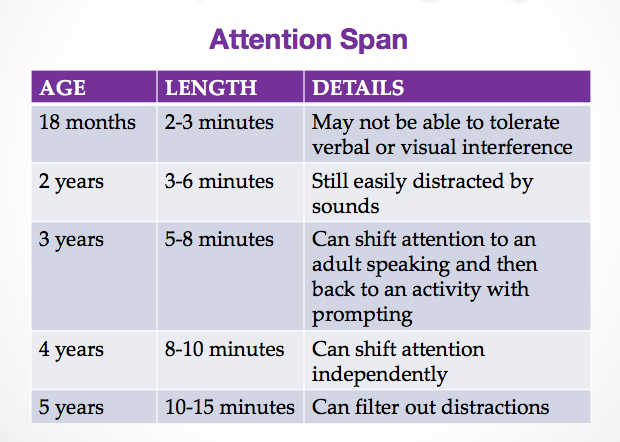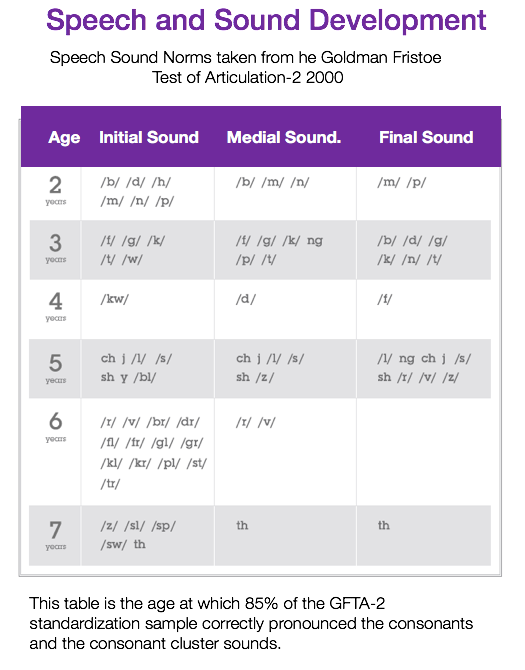What’s the difference between Speech delay and a Speech disorder?

Parents often ask, “Is my child a late bloomer with a speech delay or should I be concerned about a speech disorder?”
Before I answer that question, let’s take a step back and clarify some important terms.
Speech Disorder: when a child is unable to produce speech sounds correctly or fluently or has problems with his/her voice.
Language Disorder: when a child has trouble understanding others (receptive language disorder) or sharing thoughts, ideas and feelings completely (expressive language disorder)
Language or Speech Delay: when a child’s speech and/or language is developing in the right sequence, but at a slower rate than norms.
Please note that kids develop at different rates and there is a developmental progression to speech development. A sound substitution at 2 years old may be developmentally appropriate but the same error at 4-5 years old would need remediation. We have put together some milestones and red flags for you to investigate. After reading this post, if you have any concerns talk to your pediatrician or a speech pathologist.
Click here for details on the Causes, Diagnosis, Signs / Symptoms, Treatment and Prognosis Speech, and Language Disorders.
Here is a nice article on American Speech and Hearing Association’s website called Late blooming or Language problem?
Language Milestones and Red Flags
Speech Milestones and Red Flags
Concerned? Ask for help.
If you have concerns about a language or speech delay or concerned about language or speech disorder, don’t be afraid to ask for help. It has been proven time and time again that early intervention is key. Talk to your pediatrician first, but if you have real concerns contact a speech pathologist who has been specifically trained in diagnosing speech and language issues.
Don’t be overly worried.
But, do not be overly worried. In a study by Dale et. al.: (Illusory Recovery: Are Recovered Children With Early Language Delay at Continuing Elevated Risk?) up to 50% of children with language or speech delay will catch up by age 4. Children who “recover” from their language or speech delay by age four showed that they were not at a significantly higher risk of future language problems.


